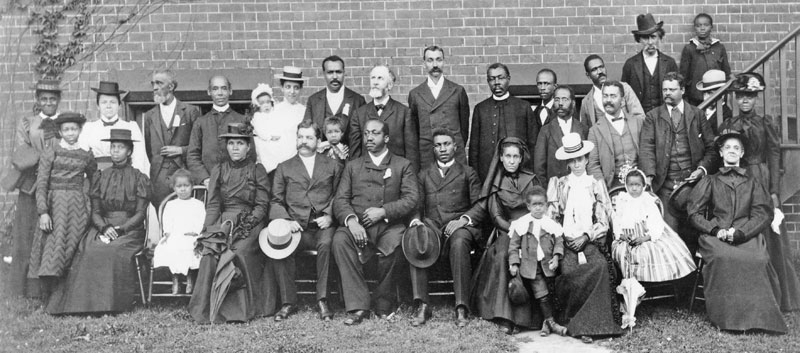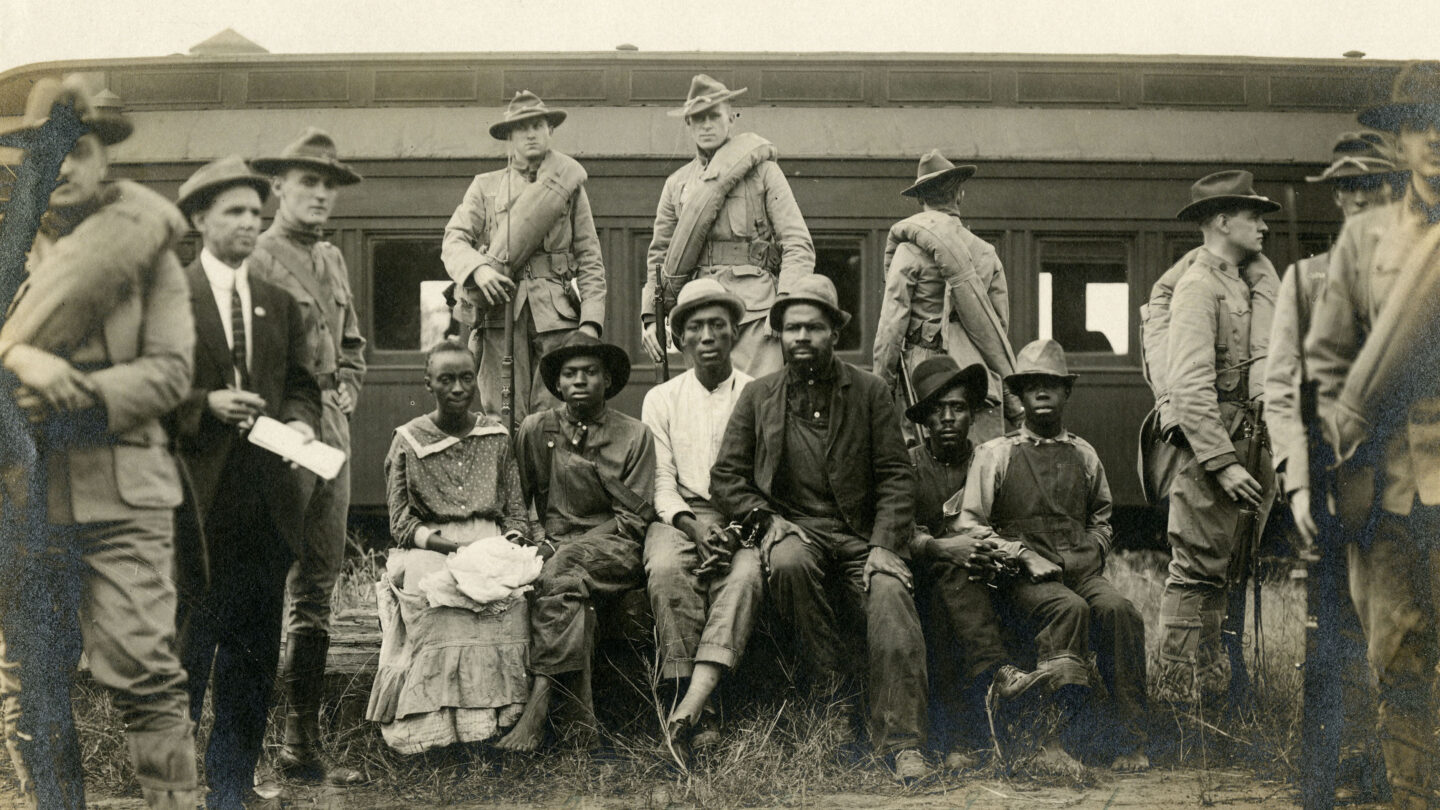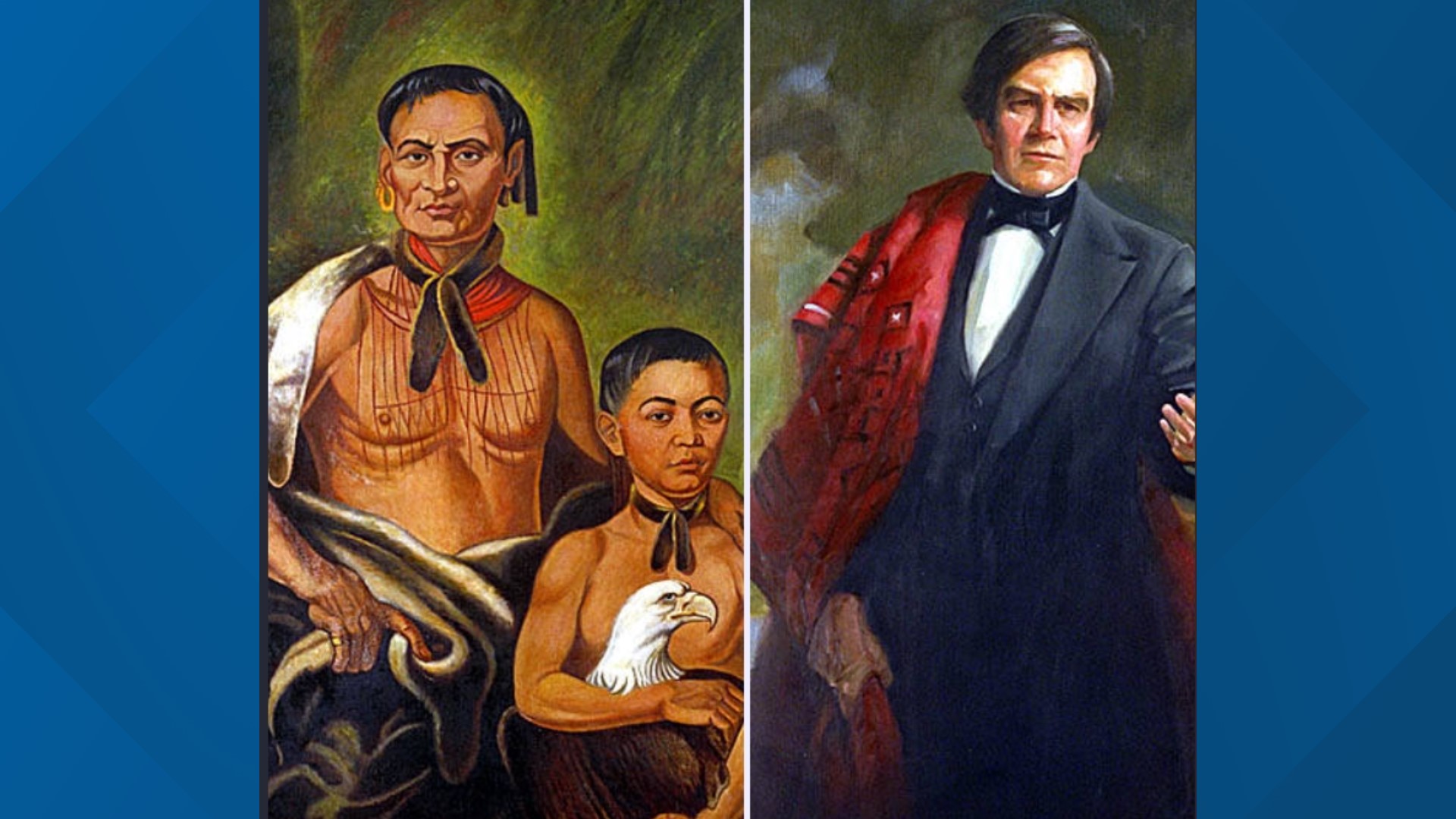
Echoes of Greatness: The Enduring Legacy of Georgia’s Historic Figures
Georgia, the Peach State, is a land steeped in history, its red clay soil holding the imprints of centuries of human endeavor, struggle, and triumph. From the visionaries who charted its colonial course to the titans of the Civil Rights Movement and the artists who gave voice to its unique culture, Georgia has produced a remarkable array of individuals whose lives have not only shaped the state but have resonated across the nation and the world. Their stories are a tapestry woven with threads of ambition, conflict, resilience, and profound influence, painting a vivid picture of the American experience.
The Genesis: Visionaries and Native Sovereignty
The story of historic Georgia people begins long before European arrival, with the vibrant civilizations of the Muscogee (Creek) and Cherokee nations, among others. For millennia, these indigenous peoples cultivated the land, developed complex social structures, and forged deep spiritual connections to their ancestral territories. Their history, rich with oral traditions, intricate mound-building, and sophisticated governance, forms the foundational layer of Georgia’s human narrative.

The European chapter opened dramatically in 1733 with the arrival of James Oglethorpe, a British philanthropist and Member of Parliament. Oglethorpe’s vision for Georgia was revolutionary for its time: a haven for England’s "worthy poor," a buffer against Spanish Florida, and a colony free from the perceived moral corruption of slavery and rum. He founded Savannah, Georgia’s first city, with a meticulously planned grid system that remains a hallmark of its beauty.
Oglethorpe’s idealism, however, faced immediate challenges. His ban on slavery, intended to foster a society of small independent farmers, was met with growing opposition from colonists who saw the prosperity of slave-holding South Carolina. Despite his efforts, the ban was eventually lifted, setting Georgia on a path that would define much of its subsequent history. Oglethorpe’s legacy, though complex, firmly established Georgia as the last of the thirteen British colonies, born from a unique blend of utopian ideals and pragmatic geopolitical strategy.
Forging a Nation: Revolutionaries and Rebels
As the colonies bristled under British rule, Georgians, too, found their voice in the call for independence. While smaller in population than its northern counterparts, Georgia contributed fiercely to the revolutionary cause. Among its most colorful and defiant figures was Nancy Hart, a legendary frontier woman whose exploits against Loyalists became the stuff of folklore. Living in the Georgia backcountry, Hart was renowned for her fierce patriotism, her sharp tongue, and her remarkable courage. Stories recount her single-handedly capturing Tory soldiers, even holding them at gunpoint until help arrived. Her unyielding spirit embodied the raw determination of many ordinary Georgians who fought to forge a new nation.
The signing of the Declaration of Independence saw three Georgians among the fifty-six brave signers: Button Gwinnett, Lyman Hall, and George Walton. Button Gwinnett, in particular, holds a special place due to the extreme rarity of his signature, making documents bearing it among the most valuable in American history. His brief but impactful political career underscores the personal risks taken by those who dared to defy the crown.
A Divided House: The Antebellum Era and Civil War
The 19th century saw Georgia’s economy boom, driven largely by the insatiable demand for cotton and, tragically, the forced labor of enslaved people. This era also witnessed the devastating forced removal of the Cherokee and other Native American nations during the Trail of Tears, a dark chapter orchestrated by federal policy but executed with the complicity of state authorities.
As the nation fractured over the issue of slavery, Georgia became a pivotal player in the Confederacy. Among its most prominent figures was Alexander H. Stephens, a brilliant but frail lawyer and politician from Crawfordville. Stephens initially opposed secession but ultimately served as the Vice President of the Confederate States of America. His "Cornerstone Speech" delivered in Savannah in 1861, starkly articulated the Confederacy’s ideological foundation:

"Our new government is founded upon exactly the opposite idea; its foundations are laid, its corner-stone rests, upon the great truth that the negro is not equal to the white man; that slavery subordination to the superior race is his natural and normal condition."
Stephens’s words remain a chilling testament to the racial ideology that underpinned the Confederacy, a stark reminder of the immense human cost of slavery and the Civil War. His post-war efforts to reconcile the South with the Union, though complex, highlight the deep divisions and painful healing process that followed the conflict.
The New South and Voices of Change
Following the devastation of the Civil War, a new vision for Georgia emerged, championed by figures like Henry W. Grady. As editor of The Atlanta Constitution, Grady became the leading voice of the "New South" movement. He advocated for industrialization, diversification of agriculture, and reconciliation between North and South, urging the region to move beyond its agrarian past and embrace modern progress. His famous 1886 speech, "The New South," delivered in New York, captivated national audiences:
"The Old South rested everything on slavery and agriculture, unconscious that these could neither survive nor endure. The New South presents a perfect democracy, a South of universal suffrage, a South of industries and traffic, a South that has buried its prejudices."
While Grady’s vision for economic growth was transformative, his rhetoric often glossed over the harsh realities of racial segregation and the systemic disenfranchisement of African Americans that defined the Jim Crow era.
It was during this period that intellectual giants emerged to challenge the prevailing racial order. W.E.B. Du Bois, a towering figure in American intellectual history, spent significant years in Georgia, teaching at Atlanta University (now Clark Atlanta University) from 1897 to 1910 and again from 1934 to 1944. It was in Georgia that he conducted groundbreaking sociological research and penned his seminal work, The Souls of Black Folk (1903), which famously declared:
"The problem of the Twentieth Century is the problem of the color line."
Du Bois’s concept of "double consciousness"—the sensation of "always looking at oneself through the eyes of others"—profoundly articulated the lived experience of African Americans in a racially divided society. His advocacy for civil rights and racial equality laid crucial groundwork for future movements.
The Epicenter of Civil Rights: A Legacy of Courage
The mid-20th century saw Georgia become a crucible for the modern Civil Rights Movement, producing leaders whose courage and conviction changed the course of American history.
Martin Luther King Jr., born and raised in Atlanta, was the undisputed icon of this movement. From his pulpit at Ebenezer Baptist Church, to his leadership of the Southern Christian Leadership Conference (SCLC), King championed nonviolent direct action as the most potent weapon against segregation and injustice. His speeches, particularly the "I Have a Dream" address, galvanized millions and remain cornerstones of American rhetoric. King’s unwavering commitment to equality, even in the face of brutal violence and his eventual assassination, transformed the moral landscape of the nation. His legacy is etched into the very fabric of Atlanta, where his birth home, church, and memorial are preserved as a testament to his profound impact.
Alongside King stood a constellation of other Georgian heroes. John Lewis, a young student from Troy, Alabama, who became a key figure in the Student Nonviolent Coordinating Committee (SNCC) and later a long-serving U.S. Congressman representing Georgia’s 5th congressional district. Lewis’s unwavering commitment to justice, his participation in the Freedom Rides, and his brutal beating on "Bloody Sunday" in Selma, Alabama, cemented his status as a moral giant. His mantra, "Get in good trouble, necessary trouble," continues to inspire generations.
Other Atlanta-based leaders like Julian Bond, a co-founder of SNCC and later a Georgia legislator and NAACP chairman, and Andrew Young, a close King confidante who served as U.S. Ambassador to the United Nations and Mayor of Atlanta, further underscore Georgia’s central role in the struggle for civil rights.
From Plains to the World Stage: A Global Humanitarian
Following the seismic shifts of the Civil Rights era, Georgia continued to produce leaders with national and international reach. Jimmy Carter, a peanut farmer from Plains, Georgia, rose from state senator to governor before an unlikely ascent to the U.S. Presidency in 1976. Carter’s presidency, marked by a focus on human rights, peace in the Middle East (Camp David Accords), and environmental protection, left an indelible mark.
Even more remarkable has been Carter’s post-presidency. Through the Carter Center, he has dedicated his life to promoting democracy, human rights, and public health globally, eradicating diseases, monitoring elections, and mediating conflicts. His tireless humanitarian work earned him the Nobel Peace Prize in 2002, solidifying his status as a global elder statesman. His simple, profound philosophy guides his enduring efforts:
"My faith demands that I do whatever I can, wherever I am, whenever I can, for as long as I can with whatever I have to try to make a difference."
Voices of the South: Artists and Innovators
Beyond politics and social movements, Georgia has been a wellspring of artistic and cultural genius. Its unique blend of Southern Gothic charm, rural grit, and urban dynamism has inspired countless writers, musicians, and artists.
Flannery O’Connor, the enigmatic Catholic writer from Milledgeville, redefined Southern Gothic literature with her darkly comedic and deeply theological short stories and novels like Wise Blood and A Good Man Is Hard to Find. Her characters, often grotesque and grappling with spiritual dilemmas, explored themes of grace, redemption, and human depravity with unflinching honesty. O’Connor famously quipped:
"Anything that comes out of the South is going to be called grotesque by the Northern reader, unless it is grotesque, in which case it is going to be called realistic."
Alice Walker, born in Eatonton, Georgia, became a Pulitzer Prize-winning author whose work, including The Color Purple, brought the voices of African American women to the forefront of American literature. Her concept of "womanism" provided a vital framework for understanding the intersection of race and gender in the lives of Black women.
Georgia’s musical heritage is equally profound. Ray Charles, the legendary "Genius of Soul," hailed from Albany, blending blues, gospel, and jazz into a revolutionary sound that transcended genres. James Brown, "The Godfather of Soul," from Augusta, unleashed a raw, energetic funk that forever changed popular music. Their innovative sounds, deeply rooted in the Black church and the Southern experience, continue to influence artists worldwide.
Conclusion: A Legacy Endures
The historic people of Georgia, in their remarkable diversity, offer a compelling narrative of the American journey. From the indigenous peoples who first inhabited its lands to the colonial founders, the revolutionaries who fought for independence, the conflicted figures of the Civil War, the architects of the New South, and the courageous champions of civil rights, each has left an indelible mark. Their stories are not merely historical footnotes; they are living legacies that continue to inform Georgia’s identity and influence the broader American narrative.
The Peach State’s history is a testament to the enduring power of individuals to shape their world, to challenge injustice, to innovate, and to create. The echoes of their greatness resonate still, reminding us that Georgia’s past is a vibrant, complex, and utterly essential part of the human story.


